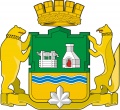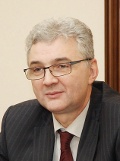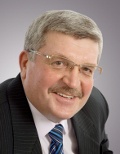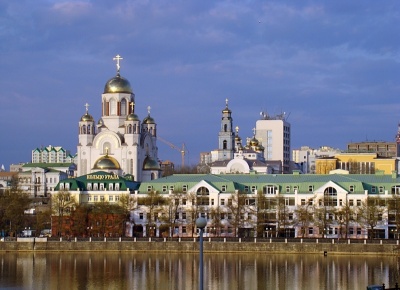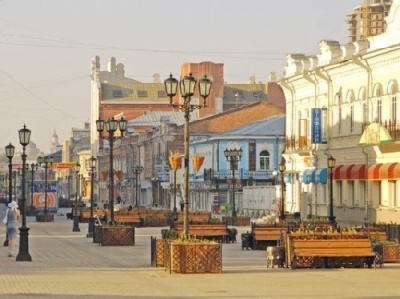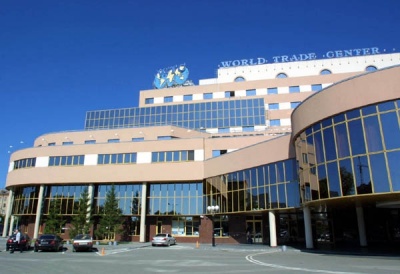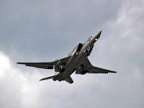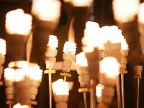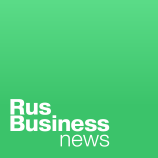 |
|
|
|
Ekaterinburg
|
Ekaterinburg |
Nizhniy Tagil |
Ekaterinburg is the administrative centre of the Sverdlovsk Oblast and the Urals Federal District. Ekaterinburg is a major transportation and logistics node of the Trans-Siberian railway, and an important industrial centre (main sectors include metallurgy, light industry, food, printing and publishing, engineering, defence, and chemical industries). The city is also one of the Urals' major cultural and educational centres. Ekaterinburg is the fourth largest research centre of the Russian Federation. It is the home of the Presidium and a large number of research institutes of the Ural Branch of the Russian Academy of Science.
Historical reference
Ekaterinburg was founded in 1723 under the order of the Emperor Peter the Great and following the initiative of V. N. Tatishchev and G. V. de Gennin. The latter suggested the name for this new factory-fortress - Ekaterinburg - in honour of Saint Catherine, the patroness of the Empress Catherine I, the wife of Peter the Great.
Economy The number of companies (organisations) registered in Ekaterinburg in all sectors of economy is over 110 thousand.The total volume of locally manufactured goods shipped, works completed, and services provided only by large and medium-sized companies was 130 billion roubles in 2008.The largest contribution was made by metallurgy and metal processing, food industry, machines, and electrical equipment; electric, electronic, and optical equipment manufacturing and chemical industry (including pharmaceutical products). More than 1 million square meters of housing has been built in Ekaterinburg in 2008.
Ekaterinburg ranks third in Russia in terms of retail turnover, which approached 300 billion roubles in 2008. Several global retail chains including "IKEA", "Auchan", "OBI", "METRO Cash & Carry" are operating in the city alongside with dozens of other large shopping and entertainment centres.
Over 40 car dealerships and service centres of Ekaterinburg represent all the leading brands of the global automotive market. In 2006 - 2008 Ekaterinburg ranked second in Russia in terms of the number cars per capita - 302 per 1000 people.
Culture & Education
There are more than 20 professional drama and music performance teams in Ekaterinburg. The Sverdlovsk Film Studio makes movies and documentaries. The city hosts the largest national annual documentary festival.The first higher education establishment of the city - the Nicholas II Ural Mining Institute opened its doors in 1917. Today in addition to the State Mining University Ekaterinburg has over 30 state owned and private universities. The most well known both in Russia and abroad are the A. M. Gorky Ural State University, the Ural State Polytechnic University - UPI, which was recently awarded the name of the first President of Russia B. N. Yeltsyn, the Ural State Medical Academy, the Ural State Conservatoire, the Ural State Academy of Architecture and Arts. The project of the Great Eurasian University supported by the academic community of the city, the administration of the Sverdlovsk Oblast, and the government of the Russian Federation is currently in the implementation stage. In addition the city has branches of several Moscow-based and regional universities, as well as the Ekaterinburg Theological Seminary. The number of students studying in both state and private higher education establishments exceeds 180 thousand.
|
|
| Regions | Project participants | Investment projects | Consulates and Trade Offices | News and Analysis | About the Project |
|
© RusBusinessNews, 2009. All rights reserved. Establishing a hyperlink to RIA RusBusinessNews is required for using any of the material published on this website. News and analytical reviews are translated into foreign languages by the TRANSLIT Translation Agency |
«Sum of technologies»® Web design Site promotion |
